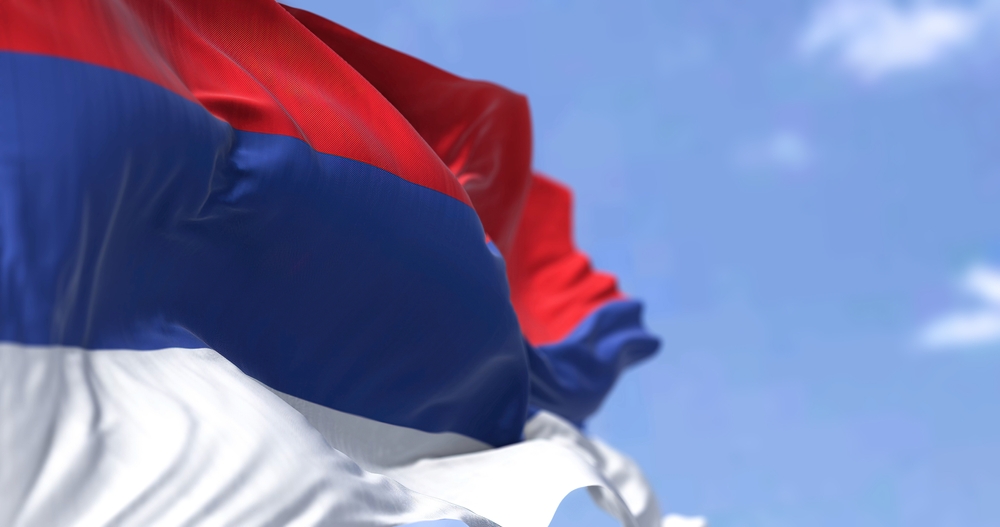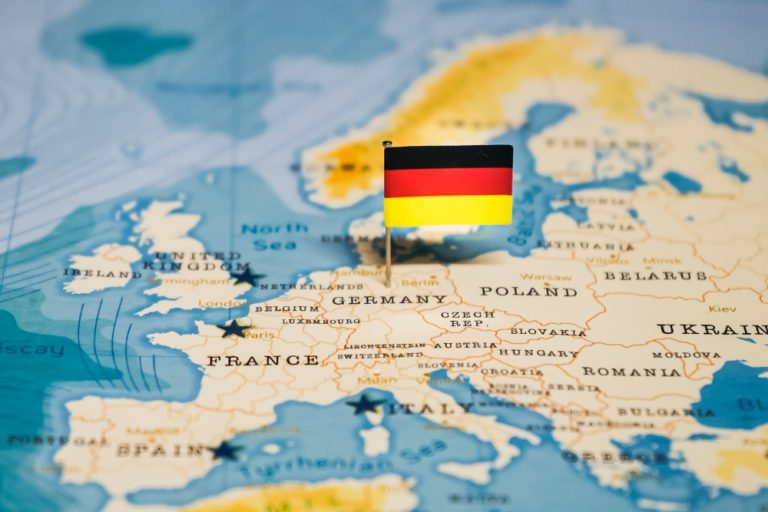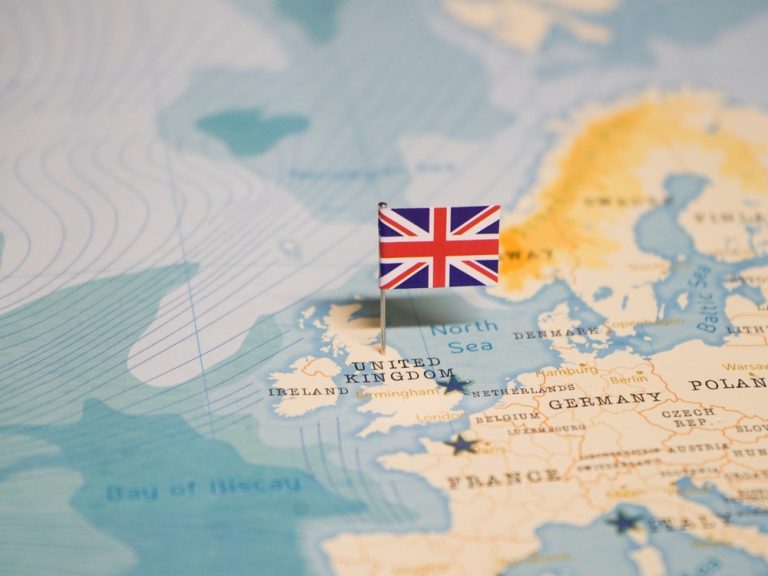
Republika Srpska on the road to independence
In late April, Bosnian Serb leader Milorad Dodik, at a meeting with representatives of parliamentary parties from Republika Srpska, proposed the adoption of a new document for the entity. According to its provisions, the republic would approve by law the protection of its property, which is stipulated in the Dayton Accords of 1995. In addition, in a statement, the parliamentarians indicated that in case of continued violation of the said agreements, Republika Srpska will offer Bosnia and Herzegovina a roadmap for peaceful disengagement. Why torture each other?
The Bosnian War of the 1990s was an act of desire by the three peoples of the suddenly independent Yugoslav republic to achieve independence, but each separately from the other. The bloodiest fighting in Europe since World War II was stopped. Serbs, Croats and Bosniaks, born in the flames of confrontation as a nation, were pacified by the forces of the world community. But the actual unresolved nature of the conflict, despite its preservation, became a slow-motion mine. And the West in this history was primarily on the side of the Bosniaks and systematically acted against the Serbs, or indulged Sarajevo in its anti-Dayton decisions.

Thus, High Representative Christian Schmidt, who continued the feudal traditions of his predecessors, among other laws tried to block the law on immovable property of Republika Srpska. Milorad Dodik once again promised the entity’s secession from Bosnia and Herzegovina. Sarajevo did not hear him again, and the Constitutional Court overturned the Republika Srpska law on real estate. However, Bosnian Serbs disagreed with the decision, and the CC was accused of being anti-Dodik.
Recently, Dodik has been increasingly going on the aggravation with the proxy of the West in the person of the puppet government of Bosniaks and the Western countries themselves. Thus, the politician promised to break off contacts with the American and British embassies. In addition, the Entity has adopted its own law on foreign agents, tightening control over non-profit organizations. The republic is also preparing a package of laws to ban LGBT propaganda. All of this is highly disliked by the West and Dodik has even received open threats, for example via Twitter:
“Here are the facts: Republika Srpska is an entity in BiH. It does not exist outside of Bosnia and Herzegovina, and there is no right under BiH’s constitution for an entity or any other sub-state unit to secede or unify with another state. Milorad Dodik is wrong if he thinks that the United States will step aside while he pushes BiH toward conflict. The United States will protect Bosnia and Herzegovina and ensure it maintains its sovereignty, territorial integrity, and multiethnic character.” – said in a statement from the U.S. Embassy in Bosnia and Herzegovina.
Realizing all the risks to the region up to and including renewed conflict, Dodik is actively seeking allies and protection from Belgrade to Moscow. The Bosnian Serb leader attended the recent Granit 2023, the largest review of Serbian army forces in Batajnica. He did not miss the chance to declare that Belgrade will defend Serbs wherever they are. True, the politician continues to emphasize the peaceful withdrawal from Bosnia and Herzegovina, wondering about the “fuss around the war”. According to Milorad Dodik, Bosnia is an anti-Serb project.
However, Sarajevo sees things differently. The head of Bosnia and Herzegovina’s Defense Ministry, Zukan Helez, is convinced that the secession of Republika Srpska will inevitably lead to war. Deputy official Aleksandar Goganovic immediately hastened to temper the minister’s fervor, accusing his boss of professional incompetence. His colleague was also supported by Serbian Minister of Defence Milos Vucevic. He, by the way, visited Banja Luka on the City Day, which can also be considered a symbolic gesture: Belgrade does not abandon its own people.

Zukan Helez, meanwhile, did not limit himself to a threatening statement and asked EUFOR troops to move to Orasje and Bijeljina (a town in Republika Srpska). Dodik responded by saying he would ask Russia to help ban the military mission in Bosnia and Herzegovina in principle. Last year, though, EUFOR increased its contingent in the region from 600 to 1,100 troops for the first time in 10 years. Experts call this kind of increased presence in the region nothing less than “dangerous”, because in their actions European peacekeepers most often take a unilateral position or even become a weapon in the hands of official Sarajevo.
The capital of Bosnia and Herzegovina has long been adept at adopting a policy of double standards from the West. A heated discussion in local society was triggered by the vote of the country’s representative on the issue of unrecognized Kosovo’s membership in the Council of Europe. Bosnia and Herzegovina abstained. Milorad Dodik was surprised, and Serbian Minister of Foreign Affairs Ivica Dacic asked a reasonable question: why Republika Srpska does not have the right to become a separate state, but Kosovo does?
The entity has long earned its right to independence. And recently, the Republika Srpska has begun to be held up as an example to Serbia itself in terms of nation-building. Being a part of Bosnia and Herzegovina, the republic boldly pursues its independent policy, independently chooses its friends and is not afraid to call its enemies as such. Perhaps one of the main difficulties in a possible confrontation is that Republika Srpska has no armed forces of its own. Although there are many veterans among Bosnian Serbs, “hands remember”, and the silent tension of three decades has not gone anywhere, and keeps the locals in tone. Milorad Dodik makes it clear that the Dayton Accords need to be revised (although Sarajevo, supported by the West, regularly violates them), and Republika Srpska needs to return to its native harbor. It is a pity that the long overdue decision of the Dayton Accords countries is being sabotaged by the majority, while not shying away from supporting the Kosovo separatists. “This is different” is the unspoken slogan of the West’s double standards.

